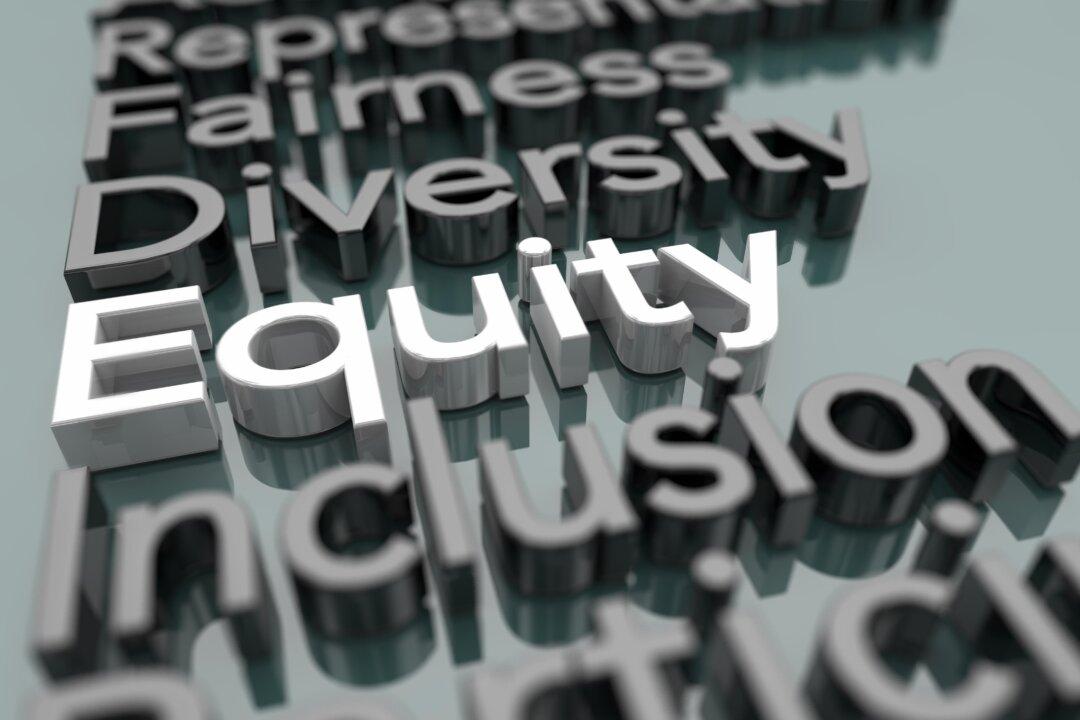Political tensions in the United States are at an all-time high.
3 Ways to Engage in Political Arguments More Responsibly (and Constructively)
To fix the blindness of a nation, it might help if we all take a hard look at the log in our own eye

Leading with humility and empathy can encourage others to respond in kind, turning political disagreement into a genuine discussion. fizkes/Shutterstock
|Updated:





